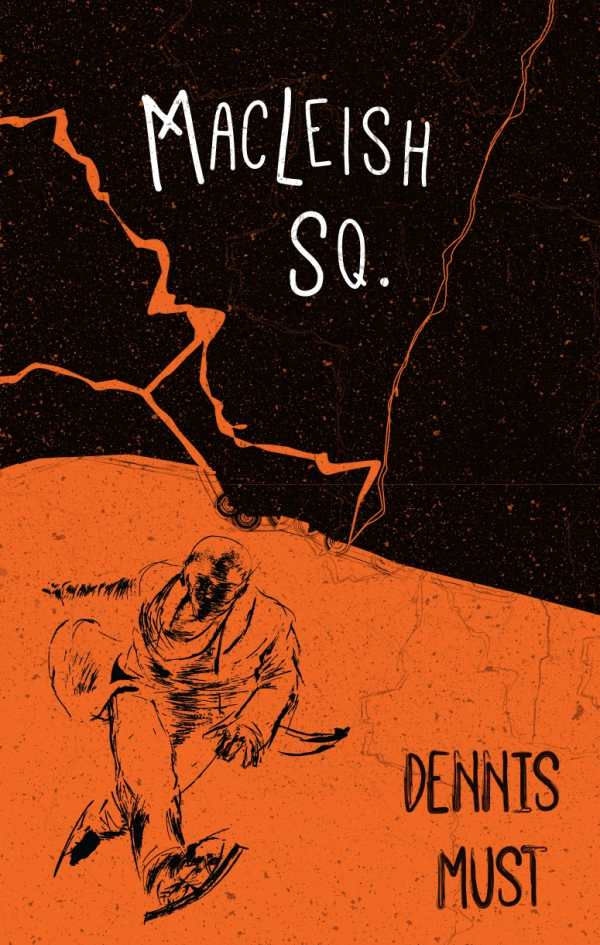MacLeish Sq.
In Dennis Must’s intriguing novel MacLeish Sq., illusion challenges reality and invades the unsettled past.
John just bought an old farmhouse in his New England hometown. He left this “mostly desolate” place at eighteen, yet as he nears his seventieth birthday, he feels overwhelmed by a nostalgic rush of memories, “like water seeping under a door.”
John settles into a reclusive life, but his solitude is interrupted by a visit from Eli, who claims that John was once his grandmother’s husband. John acknowledges his brief marriage to Sara; Eli then makes the disturbing assertion that Sara’s daughter had a “profaned” and anonymous encounter with John, and later gave birth to Eli.
Beyond the possible incestuous twist, MacLeish Sq. depicts a strange realm haunted by the works of Nathaniel Hawthorne and Herman Melville. Here, the Charles Bridge leads to the site of the Salem Witch Trial executions. Bartleby the Scrivener can be found at the Falling Man Tavern, near the Cotton Mather Hotel and Hester Alley.
As Eli spends more time with John, he listens to John’s jazz records, pores through his library, and reads John’s own writings. His numerous questions force John to remember aspects of his life he had chosen to forget.
Eli’s ambiguous presence proves to be both disquieting and invigorating. The novel’s surreal atmosphere is grounded by mundane details, as of the hot tea that John offers Eli upon his arrival, and the rabbit’s foot charm dangling from the rearview mirror of a ghostly vehicle. It includes a vibrant, spectral portrait of New England, with icy winters, bowls of chowder, and visions of “holy men” wearing “whale-bone amulets.”
Within a flow of keen recollections and displaced spirits, MacLeish Sq. is the story of a man approaching the “final trimester” of his being.
Reviewed by
Meg Nola
Disclosure: This article is not an endorsement, but a review. The publisher of this book provided free copies of the book to have their book reviewed by a professional reviewer. No fee was paid by the publisher for this review. Foreword Reviews only recommends books that we love. Foreword Magazine, Inc. is disclosing this in accordance with the Federal Trade Commission’s 16 CFR, Part 255.

